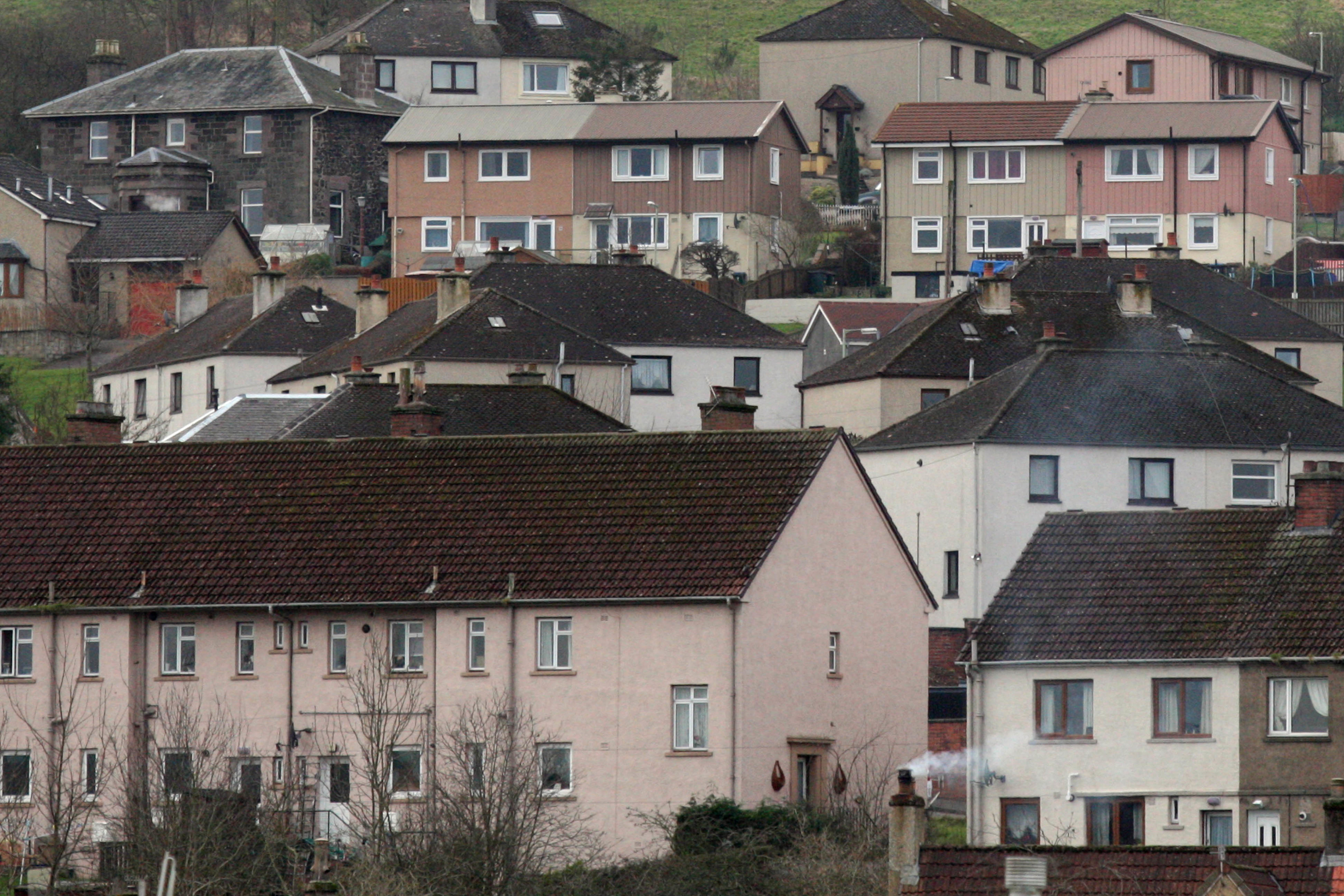Tayside’s local authorities have been praised by a Scottish homeless charity for bucking the trend by lowering the number of evictions from social housing.
Dundee City Council and Angus Council were among the few administrations in Scotland that saw a decrease in evictions, by 33.6% and 5% respectively, in the period 2013-14 to 2015/16.
Although Perth and Kinross Council registered an increase of a seemingly huge 500%, the actual numbers were very low — going up from zero to six evictions, among the lowest figures in the country.
Shelter Scotland held up the region’s councils as an example for other local authorities to follow.
Graeme Brown, director of Shelter Scotland, said: “It is important to point out that some local authorities and registered social landlords are clearly bucking the trend and setting examples of what can be achieved despite ongoing challenges caused by changes to social security.
“With the significant changes to the backdating of housing benefit and the introduction of the benefit cap in 2016, it has become even more important for the rest of the social rented sector to learn from their examples.”
The increase or decrease in evictions varies greatly throughout Scotland, with the disparities “unlikely to be a result of regional circumstances and economic factors”, according to Shelter.
A report by the charity explained that the variations reflect differences in policy and practice in relation to the management of rent arrears.
Fife Council recorded an increase of 4.7%, with a peak in evictions in the period 2014-15, but its head of housing services pointed out that evictions have decreased over a five-year period from 2011-2016.
John Mills, head of housing services, said: “Our stance in Fife is that evicting a tenant is absolutely the last resort and we will try everything in our power to help people sustain their council tenancy.
“Any tenants in financial difficulty should contact us as early as possible because we offer a range of advice and support to help people pay their rent and alleviate some of the stress of genuine financial hardship.
“Unfortunately, a minority of tenants can pay their rent but refuse to, so the council has to keep eviction as a final action to protect the interests of the majority who pay their rent regularly.”
An Angus Council spokesman added: “Each case is unique and dealt with according to its own particular circumstances, but we will always treat eviction a very much a last resort.
“We will make every attempt to help people stay in their tenancy whether it’s through support for them to deal with rent arrears, or prevention of acts of antisocial behaviour.
“However, if people choose to ignore the advice and support offered to them or persist with bad behaviour, we will use eviction where it is required.”
In Scotland overall, there was a 41.2% increase in evictions from local authority and registered social landlord properties between 2013/14 and 2015/16, a rise described as “worrying” by Shelter.










